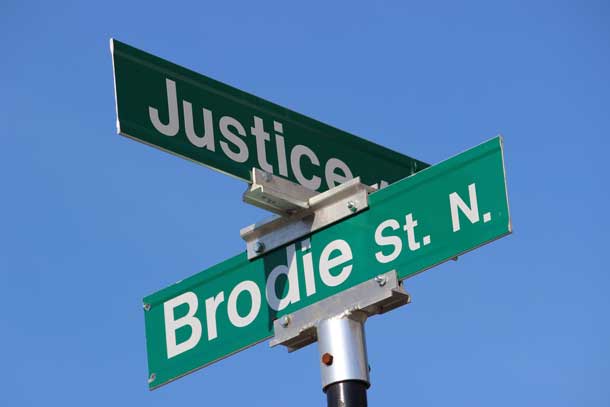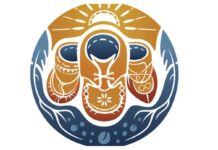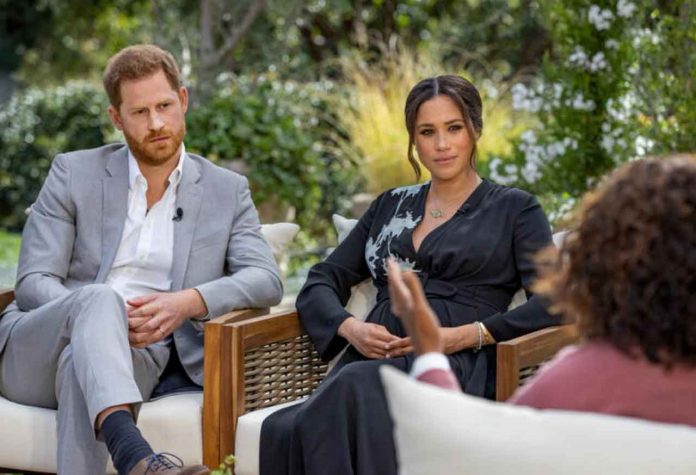
Following the Meghan & Harry “bombshell” interview Sunday, the only surprise is that there is any surprise the most racist institution in the world is racist.
The Royal Family is an institution built off the African slave trade and the theft of Indigenous land and resources; it maintains itself via the violent and genocidal laws that form the foundation of almost every Commonwealth country.
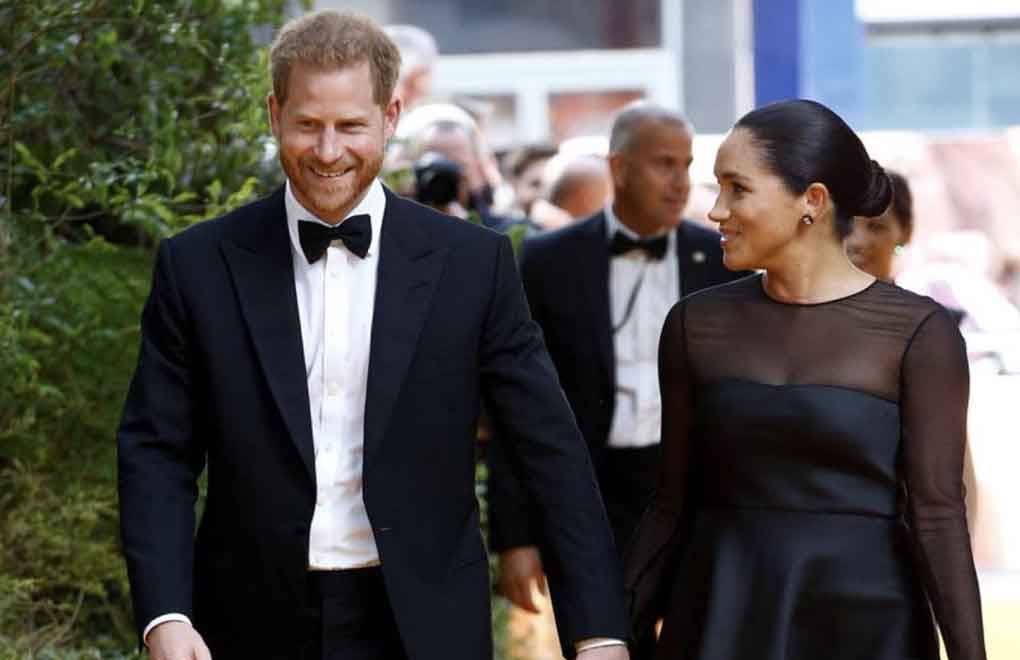
Virtually all Commonwealth countries are built on the idea that the British Crown was, or is, the supreme ruler. In some places the role is symbolic, but it’s still law.
In Canada, this supremacy is built on the precedent that in 1763, King George III declared the bulk of North America his. It’s a Royal Proclamation that Canada adopted as the law of the land during Confederation.
For more than 100 years, the House of Windsor has ruled the British Empire. The “Firm,” as the family is known, has done valuable things but their status, riches, and power have been built off the exploitation of people of colour.
So, why is anyone surprised they wouldn’t want a brown prince?
Add in the Royal family’s egregious treatment of strong, independent women such as Princess Diana and Sarah Ferguson, and their lack of investigation into Prince Andrew’s alleged sexual abuse of underage girls and one wonders about the purpose of celebrating this horrible, archaic, and violent institution.
This is the question Barbados faced when it removed the Queen as its head of state in a parliamentary vote last fall. Guyana took a similar step in 1970, with Trinidad and Tobago (1976), Dominica (1978) and Mauritius (1992) following suit.
Worth noting, however, is that these countries remain in the 54-member Commonwealth, a political and economical affiliation of countries who collectively shape policy, share resources, and even have their own games (formerly the British Empire Games).
The British Crown may be irrelevant and downright offensive but it sure is embedded in tradition, history and law.
So this is why Canada may want to think carefully about removing the Queen as its head of state — even as a national poll by Research Co. in February showed that one-in-four Canadians would rather see Canada remain a monarchy and more than half of Canadians “think the country will get rid of the monarchy sometimes over the next two decades.”
The British Crown, good and bad, is embedded in the life of Canadians.
For instance, in many northern Manitoba Cree communities, you will find a Hello! magazine, the celebrity digest that features the Royal Family. You will also find photos of the Queen, royal plates, and a whole lot of tea.
This is because of the respect many Indigenous Peoples, particularly elders, have for the Crown.
This is mostly due to treaties, documents that Indigenous people fiercely believe in because they involve not only land and treaty rights but a promise by the Crown that Indigenous nations will be treated with honour, dignity and respect.
Despite these hopes rarely being delivered, Indigenous peoples still have a stubborn belief that the British Crown will fulfil its promise. In court decisions, this is ironically described as the “Honour of the Crown.”
This is why Indigenous leaders care if the Governor General is involved in dealings with the federal government. This is why Indigenous communities maintain peace and order in relationships with Canadians. This is why Indigenous peoples, like my family, tuned in to the interview Sunday night.
If Canada were to consider removing the monarch as its head of state, this would demand a constitutional change — requiring all the provinces to agree (those screams you hear are the ghosts of Meech Lake and the Charlottetown Accord).
This would, of course, be difficult in itself, but Indigenous people would have to be consulted. Under section 35 of Canada’s Constitution, anything that affects treaty and Indigenous rights has to be negotiated and obtain “free, prior, and informed consent” from Indigenous leaders.
In essence, the treaties would have to be negotiated.
This sounds like a good idea to me, because unlike 150 years ago, our communities have lawyers. We’d definitely get a much fairer deal.
If Canada went so far as to eliminate the monarch without Indigenous consultation, the result would be contentious but fairly simple.
The treaties, alongside Canada’s claim to land negotiated through these agreements and under the Royal Proclamation, would become null. All that would be left is Indigenous title.
Before anyone argues with me, consult the 1997 Delgamuukw case, in which the Supreme Court determined that Indigenous title predates and pre-exists British title.
Without the Crown, all of Canada reverts to Indigenous land.
What was the importance of the Crown again?
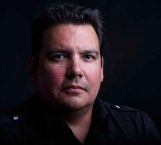 Niigaan Sinclair
Niigaan Sinclair
Originally appeared in the Winnipeg Free Press in March 2021. Republished with the permission of the author.
The views, opinions, and positions expressed by all columnists and contributors are the author’s alone. They do not inherently or expressly reflect the views, opinions and/or positions of NetNewsLedger.




